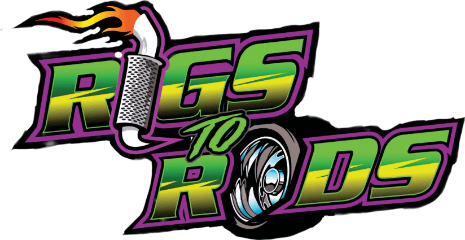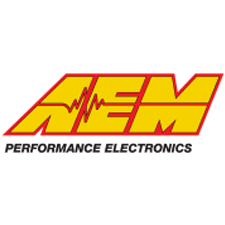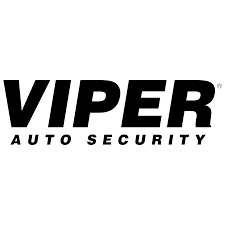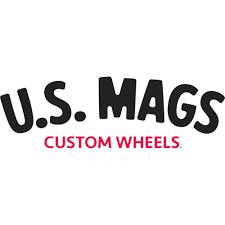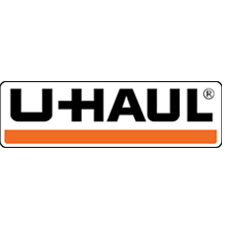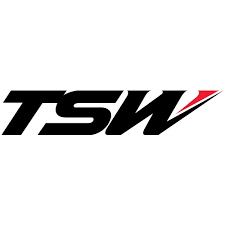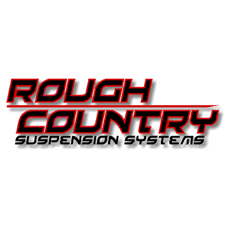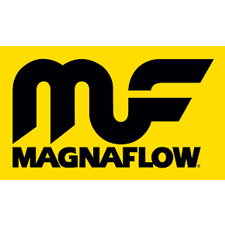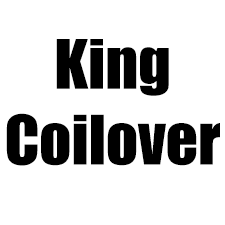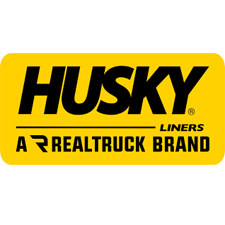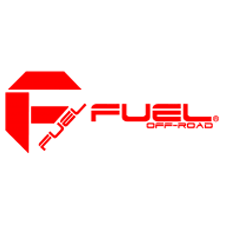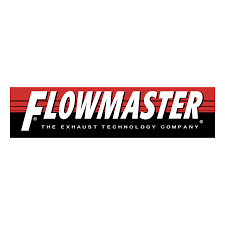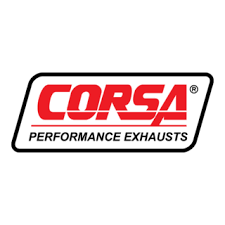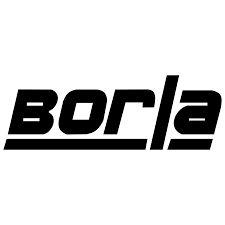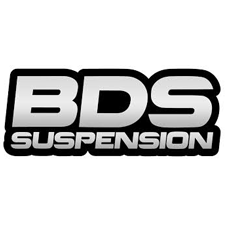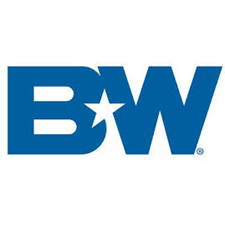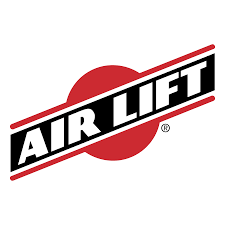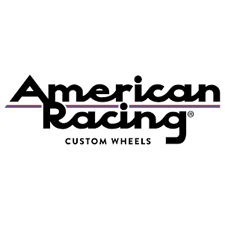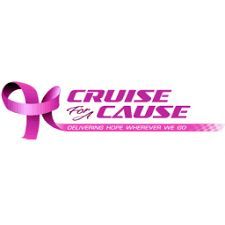FAQs
Rigs to Rods
How often should I get my oil changed?
Oil change frequency varies by vehicle, typically ranging from 3,000 to 7,500 miles. Factors such as the vehicle's make, model, and oil type influence this interval. For precise recommendations, Rigs to Rods suggest that you consult your vehicle's owner's manual.Why is my check engine light on?
The check engine light can indicate various issues, ranging from minor concerns like a loose gas cap to more significant problems such as a malfunctioning catalytic converter. To determine the exact cause, a diagnostic scan is necessary.Do I need to go to the dealership for repairs to keep my warranty?
Maintaining your warranty does not require dealership-exclusive repairs. You may use any qualified repair shop, provided you adhere to the manufacturer's maintenance schedule and utilize certified parts for your vehicle.How do I know if a mechanic is trustworthy?
Indicators of a trustworthy mechanic include relevant certifications (e.g., ASE), favorable customer reviews, transparent pricing practices, and clear communication. Personal recommendations from trusted sources can also be valuable in identifying reliable mechanics.What's the difference between OEM and aftermarket parts?
OEM (Original Equipment Manufacturer) parts are produced by the vehicle's original manufacturer. Aftermarket parts, in contrast, are manufactured by third-party companies and can exhibit variations in quality and price points.Why are auto repairs so expensive?
The cost of auto repairs reflects several factors, including labor, parts, specialized diagnostic equipment, and shop operating expenses. Modern vehicles' complex electronic systems also necessitate advanced expertise and equipment, contributing to higher repair costs.Can I do basic maintenance myself?
Many basic maintenance tasks, such as replacing air filters, wiper blades, and changing oil, can be performed at home with appropriate tools and guidance. However, always ensure you have the necessary skills and knowledge before attempting any vehicle maintenance.How can I avoid being overcharged?
To prevent overcharging, obtain multiple repair estimates, request detailed written quotes, and ask for thorough explanations of all charges prior to authorizing any repairs. This approach promotes transparency and helps you make informed decisions.What should I do if my car overheats?
If your car overheats, safely pull over and turn off the engine. Allow the vehicle to cool down before attempting any actions. Do not open the radiator cap while the engine is hot. If necessary, contact roadside assistance for professional help.How often should I rotate my tires?
Tire rotation is generally recommended every 5,000 to 8,000 miles. This practice promotes even tire wear, which can extend the lifespan of your tires and maintain optimal vehicle performance.
